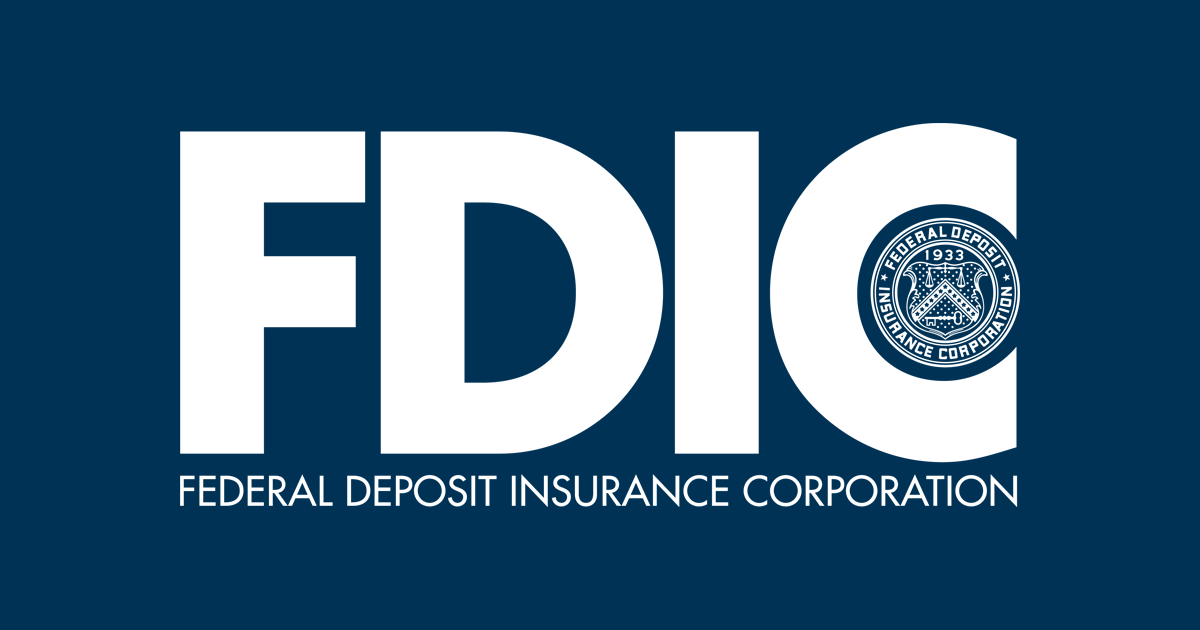A bank can legally confiscate its clients' money in the event it needs to stay afloat, and most retail investors are not aware of this, said Lynette Zang, Chief Marketing Analyst at ITM Trading, who stressed that such legislation is already codified in the Dodd-Frank Act.
Zang, who has decades of experience in the financial sector and worked as an investment banker at Larson Lehman/American Express, said that these bail-ins could be part of a bigger systemic monetary reset.
...
Countries around the world are poised to adopt Central Bank Digital Currencies (CBDCs), programmable forms of fiat money which allow central banks to track, trace, and even freeze a person's funds. This, along with de-dollarization and the digitization of hard assets, will be part of The Great Reset, according to Lynette Zang, Chief Market Strategist at ITM Trading.
"The World Economic Forum says… you will have nothing and be happy," she explained. "Well, you may have nothing, but I'm pretty sure you won't be happy because wealth never disappears. It merely shifts location. So, if you don't own it, somebody else owns it, and as we all know, then you're renting everything."
The Great Reset is a World Economic Forum proposal which suggests that "stakeholders," such as big corporations, governments, and international NGOs, control and manage all wealth in order to mitigate alleged threats such as climate change.
Zang thinks bail-ins, CBDCs, and The Great Reset are all related and elaborates on how investors can protect against this. ...







